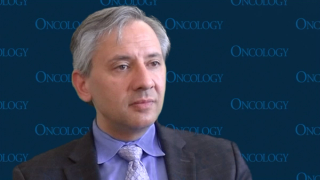
Gastrointestinal Cancer
Latest News
Latest Videos

Podcasts
More News

Taking Stock of Immune Effector Cell Therapy Developments in GI Cancers
Raed M. Al-Rajabi, MD, discussed the state of immune effector cell therapy for GI malignancies following a presentation he gave at the 2025 ICE-T Congress.
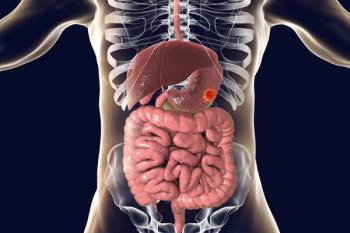
Survival results were similar among all patients and PD-L1 subgroups with the domvanalimab regimen in gastroesophageal junction adenocarcinoma.
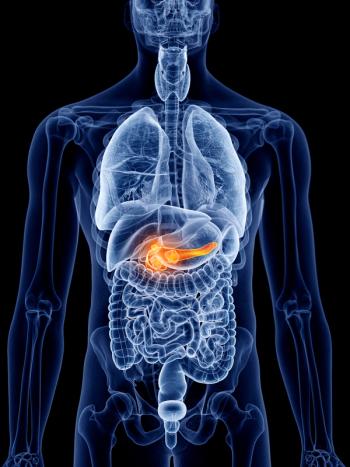
A manageable safety profile and survival benefit was observed across patient groups with somatostatin receptor–positive GEP-NETs.

Atebimetinib with gemcitabine and nab-paclitaxel achieved 9-month OS and PFS of 86% and 53%, respectively, in patients with pancreatic cancer in frontline settings.

Alnodesertib Receives FDA Fast Track Designation For ATM– Metastatic CRC
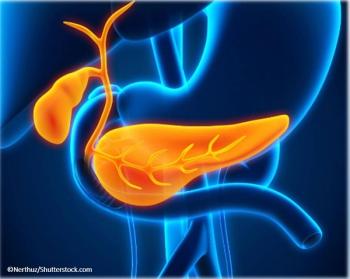
Mitazalimab/Chemo Yields Promising Survival/Responses in Untreated PDAC
At 30 months, mitazalimab plus mFOLFIRINOX achieved an OS rate of 21% in patients with previously untreated metastatic PDAC.

New therapies for hepatobiliary cancers show promise, expanding treatment options for patients with advanced disease and challenging conditions.
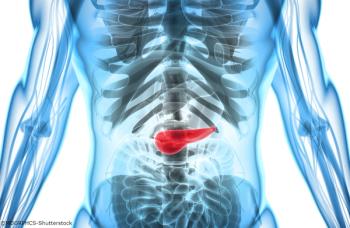
TP53 Mutations May Reveal Viability of Different Pancreatic Cancer Therapies
Patients with PDAC and non-GOF mutations had less favorable OS and DFS outcomes in various instances compared with those who had wild-type genes or GOF mutations.
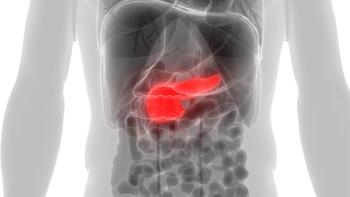
An independent data monitoring committee recommended the continuation of the phase 2 AMPLIFY-7P trial evaluating ELI-002 7P in PDAC in August 2025.

The test may help identify patients with microsatellite instability-high colorectal cancer who benefit from nivolumab therapy alone or with ipilimumab.

The performance of the latest Shield algorithm underwent validation in an expanded cohort of individuals enrolled on the ECLIPSE study.
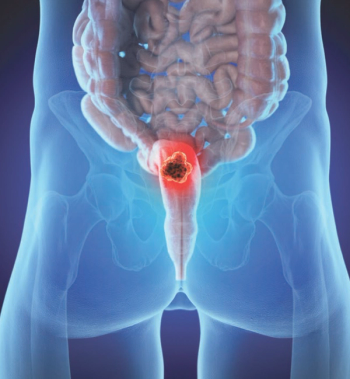
In patients with rectal cancer, the median OS was 12 years in the chemotherapy and radiation therapy group vs 24 years in the chemotherapy alone group.

Decreased MAPK signature and increased interferon gamma response signature were associated with sustained treatment benefit on serial evRNA profiling.

The incidence of grade 3 to 4 acute toxicities was similar in patients with high-risk gastric cancer treated with chemoradiation or chemotherapy.

The addition of dendritic cells to TACE in patients with intermediate-stage HCC did not significantly increase the incidence or severity of AEs.

Data from KEYNOTE-585 showed that adding pembrolizumab to chemotherapy did not negatively impact health-related quality of life vs placebo/chemotherapy.

Developers launched a clinical laboratory-developed test version of Haystack MRD in late 2024 and are further expanding access for oncologists.
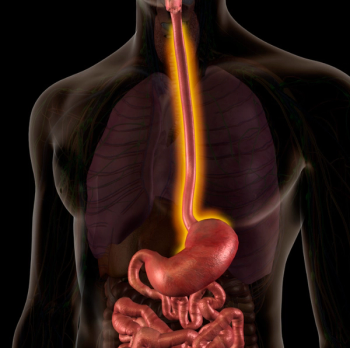
Addition of Radiotherapy to Systemic Chemotherapy Improves Survival in ESCC
Although radiotherapy was safe and well tolerated in patients with esophageal squamous cell carcinoma, more research is needed to confirm these results.
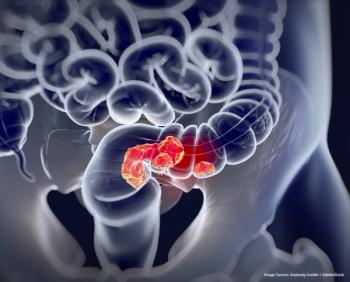
A meta-analysis did not find any correlation between pathologic complete response and overall survival or disease-free survival in patients with rectal cancer.
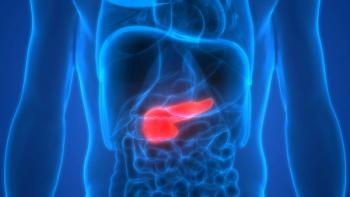
After the predictive probability of achieving superiority with mFOLFIRINOX or S-IROX was less than 1%, the trial was terminated due to futility.

Oxaliplatin Elicits Improved Survival in Select Patients With Stage III CRC
Significantly improved survival was observed with oxaliplatin among patients aged 60 to 70 years with stage III CRC but not among those older than 70 years.

Developer Submits Premarket Approval Application for TTFields in Pancreatic Cancer
TTFields plus chemotherapy significantly prolonged overall survival compared with chemotherapy alone in patients with pancreatic cancer.

Chemoradiation May Convert Unresectable Pancreatic Cancers for Resection
Induction chemotherapy may allow investigators to biologically select patients with a favorable prognosis who benefit most from chemoradiotherapy.
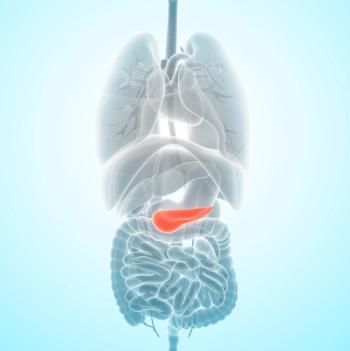
The retrospective study is the largest to evaluate the relationship between dose-averaged LET profiles and local control after CIRT for pancreatic cancer.

Phase 1 data may support continued research of amphiphile lymph node–targeted immunotherapy in solid tumors.









